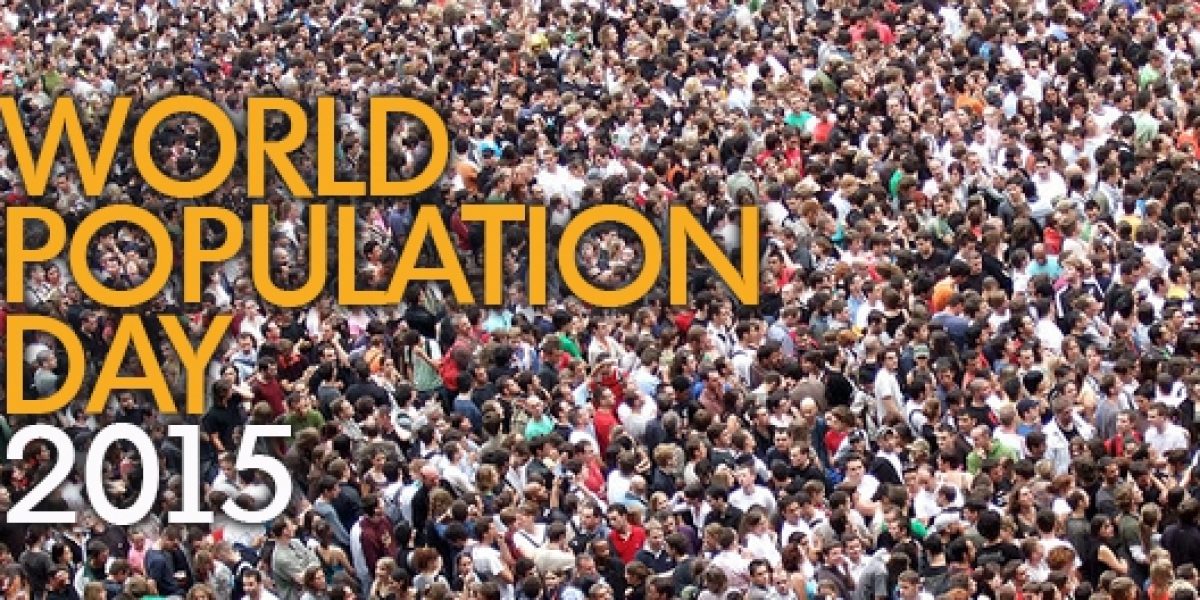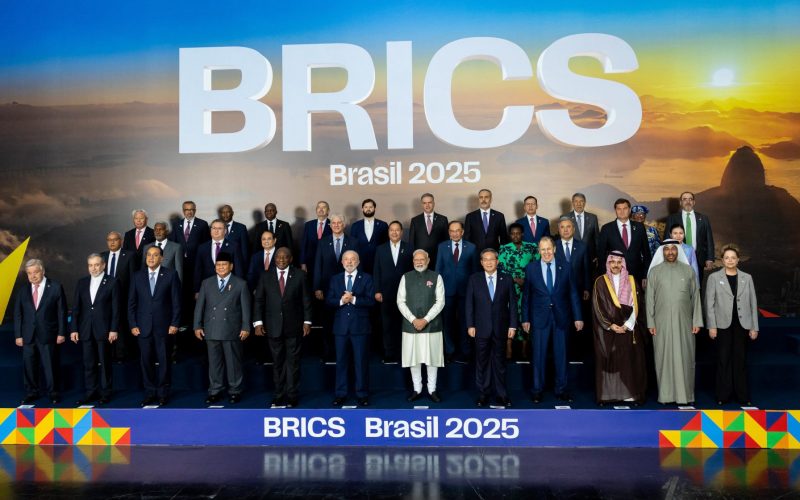Today, Africa is estimated to be home to well over 1.1 billion people. According to the US-based Population Reference Bureau, this will rise to 1.6 billion by 2030 – and to a staggering 2.4 billion by 2050.
In 35 years, Africa’s population will more than double— within the lifespan of the continent’s current youth. This, too, will be the backdrop against which the African Union’s (AU) long-term development blueprint, Agenda 2063, hopes to be realised.
Concerns about rapid population growth are hardly new. In the 18th century, English clergyman Rev Thomas Robert Malthus warned of a rising population exceeding the means of its subsistence. These concerns persist. In 1968, an influential work by Paul Ehrlich was entitled The Population Bomb, a name evoking considerable foreboding.
Worries about the implications of Africa’s growing population are similarly long-standing. They include the Malthusian problem of insufficient resources and consequent food insecurity; the retardation of social development as education and healthcare services are unable to cater to ever-expanding demands; environmental degradation as people seek new avenues for subsistence agriculture, for firewood, or for trade (legal and illicit) in natural resources, timber, minerals or wildlife.
Two key dynamics help explain Africa’s population growth. The first is that it has the highest fertility rate on the planet, with women bearing an average of 4.7 children over their lifetimes. The rate across Asia, by contrast, is 2.2. The world’s ten highest fertility rates are all African. Niger, one of the world’s poorest countries, has the highest, an average of 7.6.
Linked to this is declining infant mortality. While still the highest in the world, Africa’s rate dropped from 139 per 100,000 in 1970 to 62 per 100,000 in 2013. African children have a better chance of surviving beyond infancy today than did past generations.
The second is that African life expectancy is growing. At around 59 years on average, it remains at least decade behind any other part of the world; but it represents a major improvement on the 45 years expected in 1970. It is projected to increase further. As a recent report by the United Nations Children’s Fund remarked, by 2035 the continent ‘will have its first generation of children that can expect to reach the pensionable age of 65 years, as life expectancy at birth by this year will rise above 65 years for the first time’.
Africa faces a future with large age cohorts of the young and elderly. Each will require distinct baskets of services. Meanwhile, Africa’s ‘youth’ – the young population of working age – will be swelling. Add urbanisation to the mix and by 2035, half of Africa’s population will live in cities.
Can Africa’s economies create the resources to support this population? Can its states provide services? Can its local governments manage rapidly growing agglomerations? Crucially, can opportunities be created for the hundreds of millions of young market entrants, whose satisfaction will be key to the continent’s stability?
A growing population can be an asset, particularly if growth revolves around a ‘bulge’ of working age people. A larger workforce and market could help make Africa an attractive destination for investment and a driver for economic development. This is the hope of Agenda 2063. Provided, of course, it rises to its challenges.
Africa’s inevitable population growth can be tempered. Fertility in Africa has fallen far more slowly than in other regions. Reducing it is likely to require redoubled efforts at the education of girls, wider access to contraception, and socio-cultural reorientation, combined with steady leadership.
More importantly, Africa must adapt and enhance the climate for economic activity.
Agenda 2063, and national development programmes have no shortage of excellent ideas. But these stand little chance of success unless the quality of Africa’s governance – its ability to put dreams into action – are drastically improved. As its population grows, Africa will need schools that provide the brainpower for increasingly innovative economies. It will need professionalised civil services, courts that dispense impartial law and security services that maintain peace and civil order. Achieving these goals will not be easy; but failing to tackle them may invite a worse catastrophe.
Properly handled, Africa’s demographic challenge could be a dynamic impetus for development. Mishandled, it will condemn the continent to stagnation and aborted hopes. Today’s choices profoundly affect tomorrow.
Statistical data is from the Population Reference Bureau.








